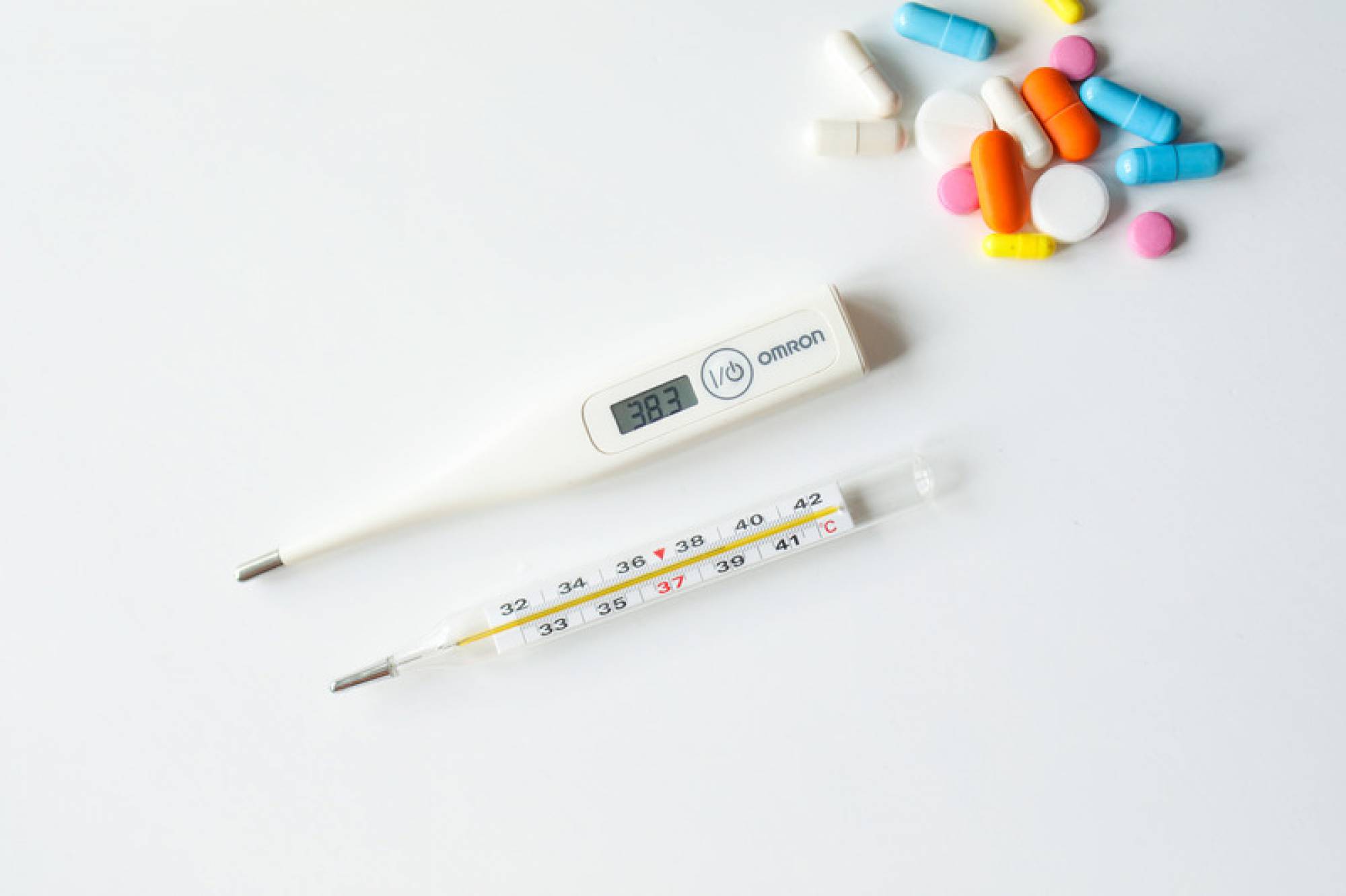
In general, Dutch healthcare is non-interventionist in nature, so don’t expect to leave your consultation necessarily with a prescription. Dutch doctors tend not to hand out antibiotics or anti-depressants lightly. Therefore, if you really feel that you need medicines, it is important to be clear and communicate what you want.
In the Netherlands, there is 24-hour healthcare coverage. However, if you call outside of the regular clinic hours, you will usually hear a recorded message on the GP’s answering machine telling you how to contact on-call medical services. If you need medical care but your GP is unavailable you have to contact the Huisartstenpost (GP post), you can find the number of the service closest to you on this page.
Hospitals and Appointments
In general, the quality of health care in Dutch hospitals is first-rate. To make an appointment, you will need your GP’s referral, after which you can call the hospital’s service desk and register for an appointment. However, for blood and many other tests, you usually won’t need an appointment because most of these testing facilities simply have a time slot when they perform their procedures.
During such time slots, you can just walk in, grab a number, and wait in line until it is your turn. The tester will ask you for your GP’s referral, after which it usually takes around 15 minutes to perform a test procedure.
When you visit a specialist in the Netherlands, you will most likely see them in a hospital and not in a private clinic since those are more expensive. When you arrive at the hospital, it is easiest to just go to the receptionist at the entrance and ask her to redirect you to the right area. Subsequently, follow the sign Poliklinieken and then look at the specific department that you have been directed to. If it is your first visit to the hospital, you have to register at the front desk with your name, address, insurer and the name of your GP. This information will be recorded in the hospital’s system and on a small plastic card (ponsplaatje or electronische patiëntenpas) that acts as a kind of medical passport with your medical history. From then on, you must bring this card with you every time you go to the hospital and you will need it to send your bills to your insurance company. At the front desk, you also have to hand in your referral and any notes from your GP at the counter, which they will pass on to the specialist before you go in.
Your initial hospital appointment generally does not last more than 5-10 minutes, since its purpose is usually to determine whether further diagnosis or treatment is needed. After this, it may be that you have to make a new appointment, are sent straight for testing, or are referred to a different specialist. Since your GP will be the one to give you your hospital referral in the first place, you don’t have to worry if you feel a bit unsure about going to the hospital. You can ask him/her anything about the hospital process that you will have to go through, so your mind can be at ease by the time you go there.
General Practitioner (huisarts)
Unless you have an emergency, the first point of contact when you have a health question or problem is the GP (huisarts). They can deal with routine health issues, perform standard examinations, prescribe medicines, and refer you to other services, such as hospitals, specialists, home midwifery, and physiotherapy. In the Netherlands, for most things you can’t go directly to a specialist for treatment; you must have a referral from your GP.
In order to make use of a GP’s services, you first need to register with one. It is most convenient if your GP is nearby, of course, but if you want to assess whether your nearby GP is suitable for your needs before you register you are free to first make an introduction appointment to meet the doctor.
Luckily, GP services are covered by your public insurance. However, keep in mind that not every insurance company maintains the same payment structure, so always check with your insurer to see whether you have to pay upfront and claim reimbursement later or whether the GP can send the invoice straight to your insurance company.






















